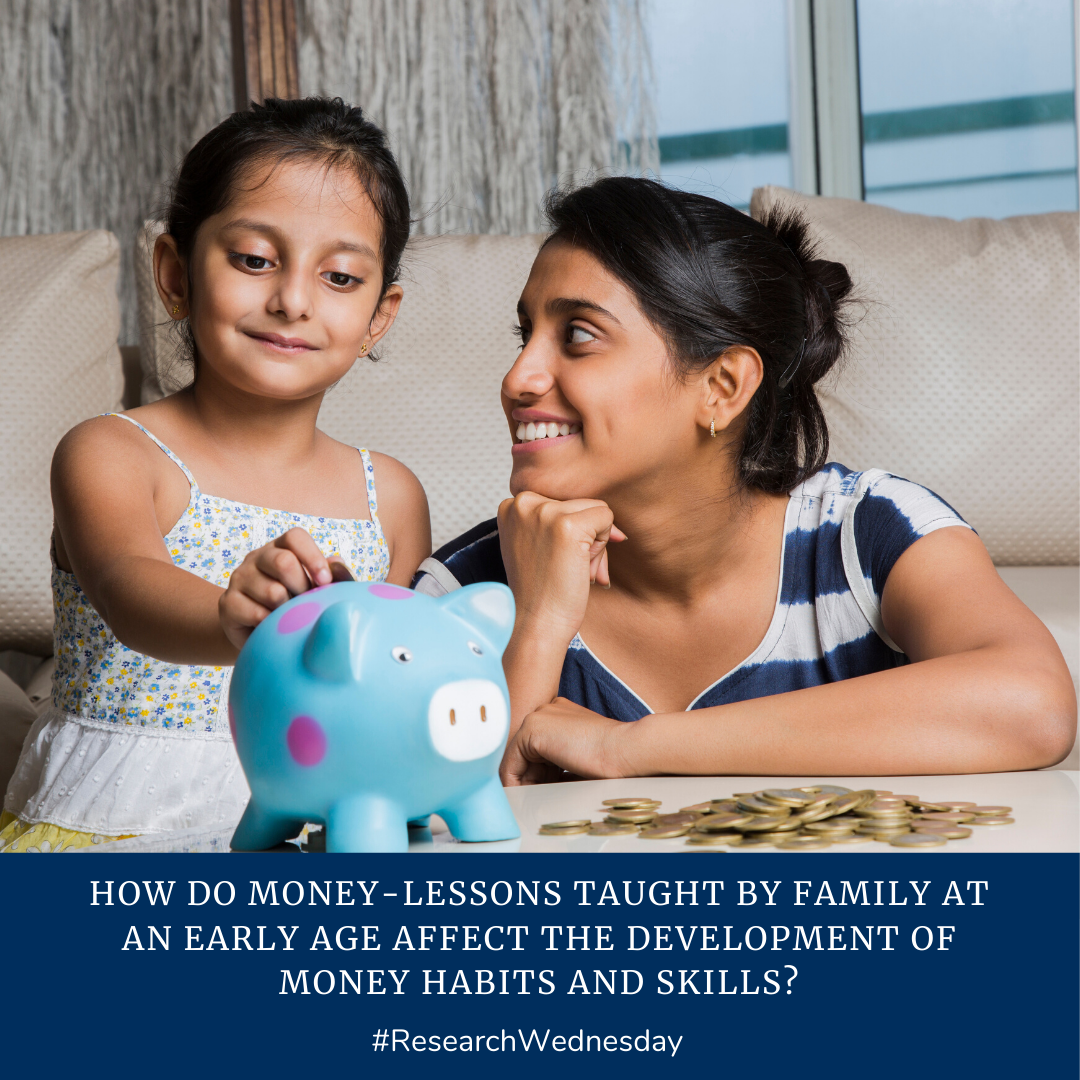Financial literacy has become a popular topic of study and research. For several years now, academics have advocated for more financial literacy education in schools, and public funding for other such programs. At face value, this seems like a good thing: the more financial education the better. But this assumes that such programs and efforts actually work. Research testing this assumption (i.e., that financial literacy programs are effective) has generally shown that such programs provide only small benefits which are short-lived. In other words, financial education programs do not seem to be living up to their promises. A potential reason for this is that financial literacy encompasses elements of habit and skill while most financial literacy programs seem to focus simply on information transmission (i.e., imparting information through lecture). Skill acquisition and habit formation are conspicuously missing from many financial literacy programs.
Part of this may have to do with the role of family in society – much of one’s beliefs, habits, and behaviors are shaped by family and other important role models. While teachers may indeed serve as role models, their influence is limited compared to that of close family. The question, then, is how do money-lessons taught by family at an early age affect the development of money habits and skills? Such was the question explored by our study.
We looked at how different aspects of childhood financial socialization (i.e., how individuals were taught about money during childhood) affected their chances of meeting industry benchmarks for their household debt ratio and current ratio – objective measures of household financial health. Consistent with expectations, the childhood financial experience had a significant influence on financial wellbeing in adulthood, even when controlling for financial knowledge. Notably, financial knowledge did not influence financial wellbeing, which lends further evidence suggesting that simply imparting information to students or clients is of limited value.
We discuss various implications of our results, including a section specifically for practitioners. Perhaps the most important take-away is that financial literacy efforts should begin in early childhood, not adolescence or adulthood. To that extent, practitioners have a great opportunity to provide value for clients by making financial counseling or planning a family affair so that their children can begin to develop healthy financial habits which will provide longer-lasting benefits into adulthood.
Guest Contributors: Allen Ammerman & Cherie Stueve
Continue the Conversation: Tell us what you think in the comments below.
Download the research: Childhood Financial Socialization and Debt-Related Financial Well-Being Indicators in Adulthood, JFCP, Vol 30(2)

Congratulations Allen and Cherie!
Delighted to see more attention is being paid to early age financial literacy and particularly around habit formation.
Have a Sammyriffic day!
Sam X Renick
Founder & Driving Force Behind Sammy Rabbit
Award Winning Financial Educator & Champion of Financial Literacy